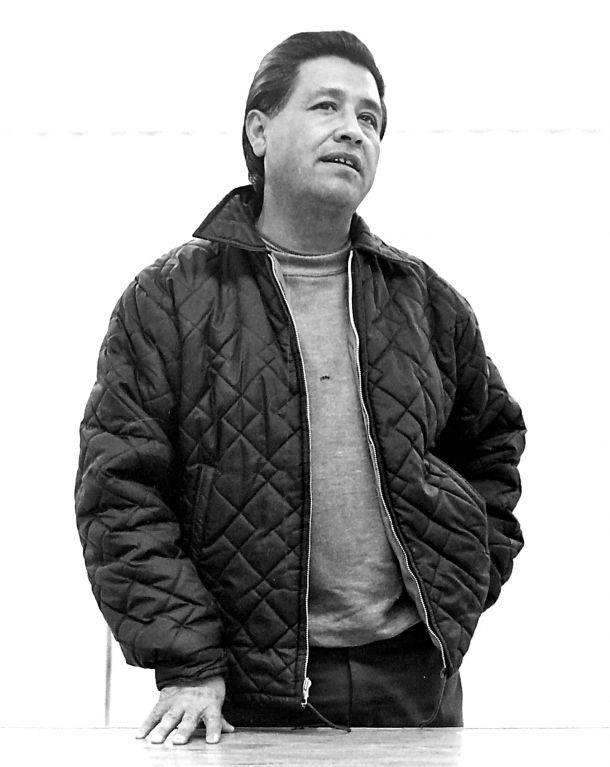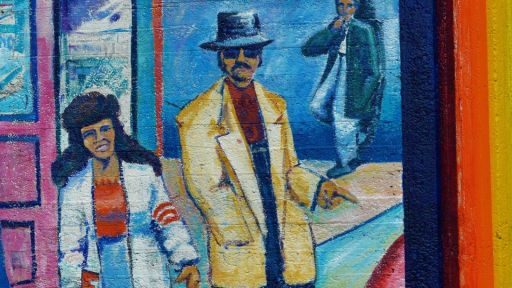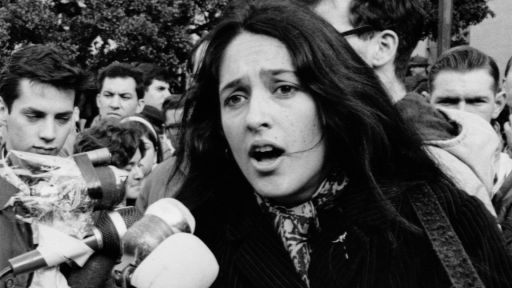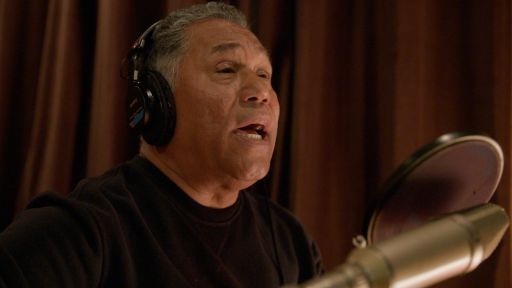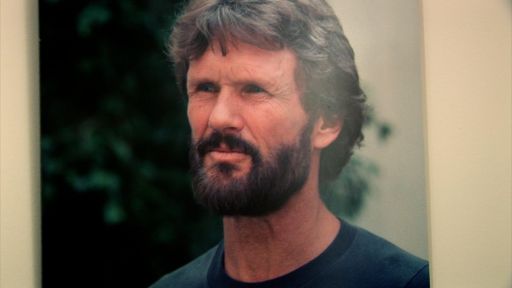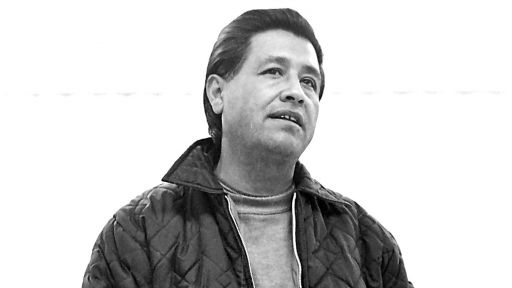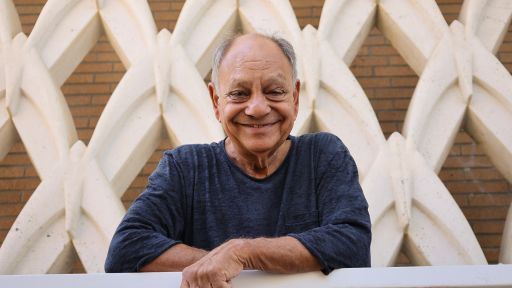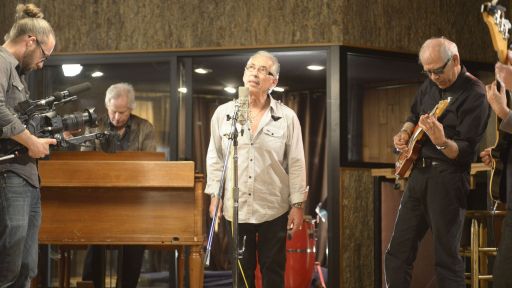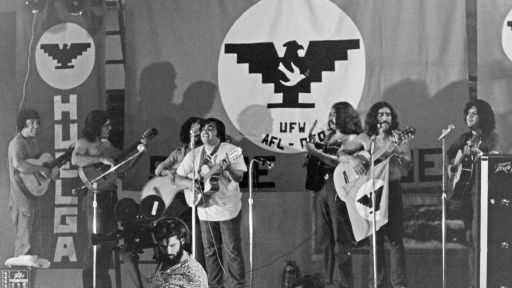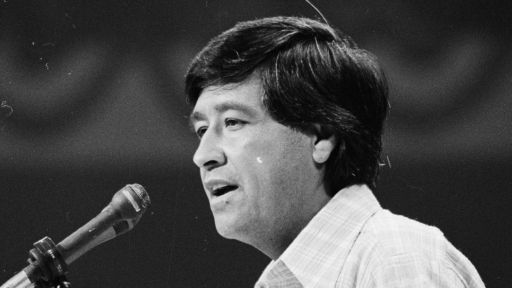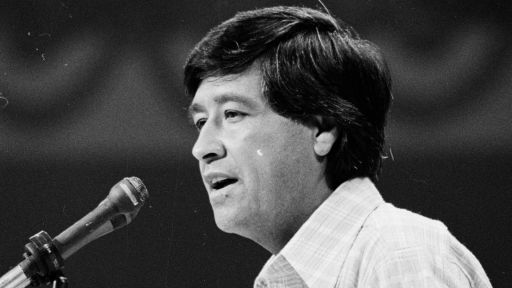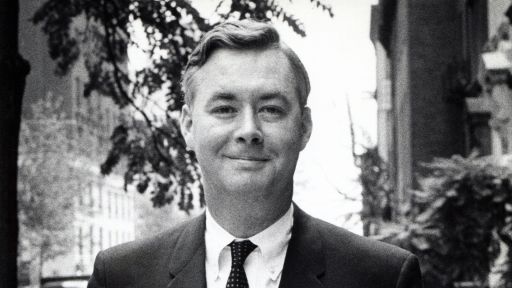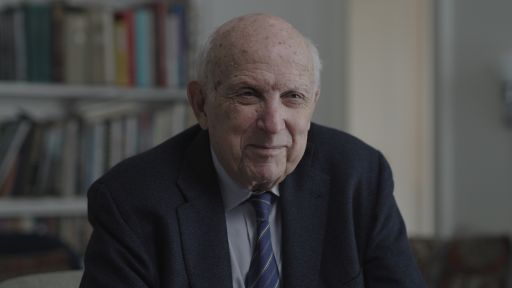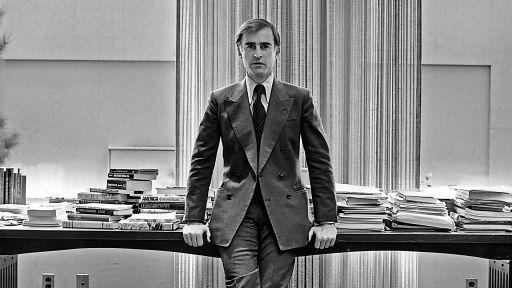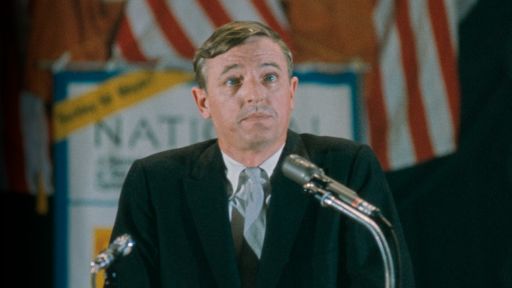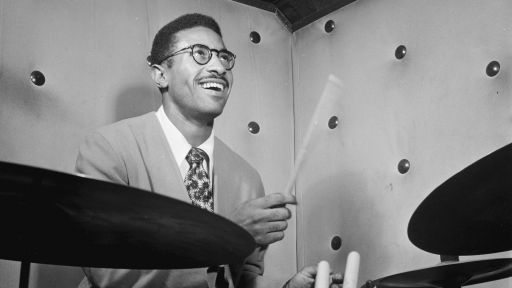To read this in Spanish, click here.
Cesar Chavez was a labor leader and civil rights activist who cofounded the National Farm Workers Association (NFWA), which later became the United Farm Workers (UFW) labor union, with Dolores Huerta. The Chavez family became migrant workers after his parents lost their farm during the Great Depression, and lived in a succession of migrant camps. Bearing firsthand witness to the poor treatment of migrant workers inspired Chavez’s inception of the farmworkers union.
Music and the arts were instrumental to the success of the social movement Chavez helped found. In the 1960’s and 70’s, Chavez and farmworker activists formed an alliance with musicians and artists to help build a movement called “La Causa.” The enthusiastic response of musicians and performers in fundraisers for the Farmworkers Union, the emergence of Chicano Art from the fields of Delano, California, the role of theater in the struggle, nonviolent action and the response to violence with art all helped form the legacy of a movement that joined social struggle and culture at the hip.
This timeline explores Cesar Chavez’s life, the major milestones in his career and the advancement of the labor workers movement.
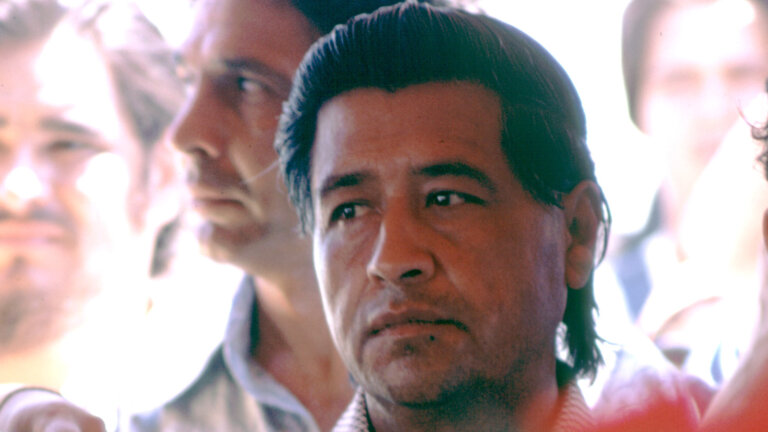
Cesario Estrada Chavez is born on March 31, 1927 in Yuma, Arizona.
The Chavez family loses their farm and business and become migrant farm workers.
Chavez's father becomes disabled. Cesar quits school to work in the fields.
Chavez serves in the U.S. Navy.
The Chavez family joins the National Farm Labor Union.
Chavez marries Helen Fabela.
The Agricultural Workers Organizing Committee is founded by Father Donald McDonald, Father Thomas McCullough and Dolores Huerta, a native New Mexican.
Chavez starts The National Farm Workers Association. The NFWA has 1,000 dues-paying members across 50 local chapters.
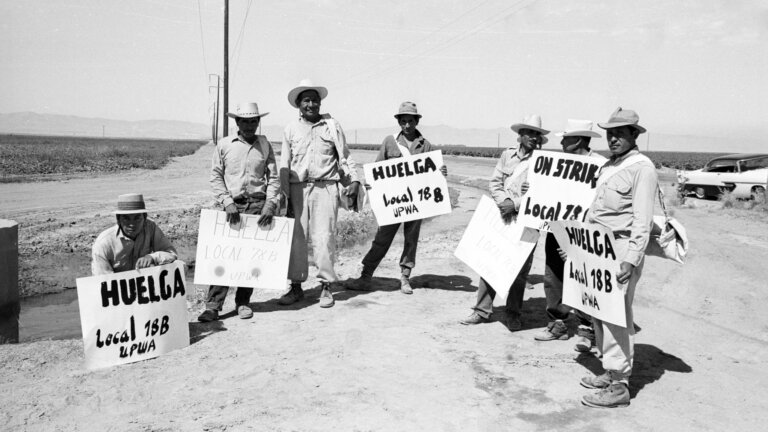
Chavez leads major strikes in McFarland and Porterville, California.
Robert Kennedy conducts Senate hearings on agricultural labor in Delano, California.
A mass march from Delano to Sacramento is conducted, and the first farm labor agreement is signed. The union is renamed United Farm Workers of America, AFL-CIO.
An international grape boycott is called to force growers to negotiate.
The Bakersfield, California pesticide hearings begin. A march to the Mexican border protesting grower use of undocumented workers as strike breakers takes place.
The first table grape contract is signed with the Freedman Corporation. Chavez is jailed for defying a court injunction against boycotting grapes. Mass pressure forces his release.
The California Labor Relations Act is enacted. The short-handled hoe tool is outlawed.
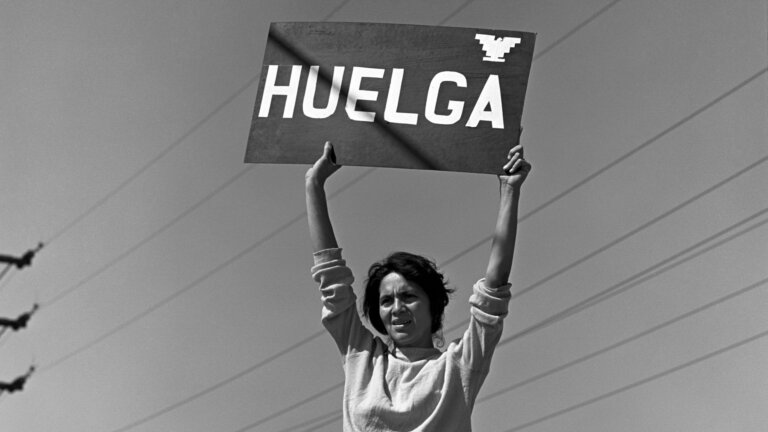
Chavez announces a new grape boycott against pesticide use.
The Immigration Reform and Control Act is enacted.
On November 12, 1990, the president of Mexico, Carlos Salinas de Gortari, awards Cesar Chavez the highest Mexican civilian award, the El Aguila Azteca.
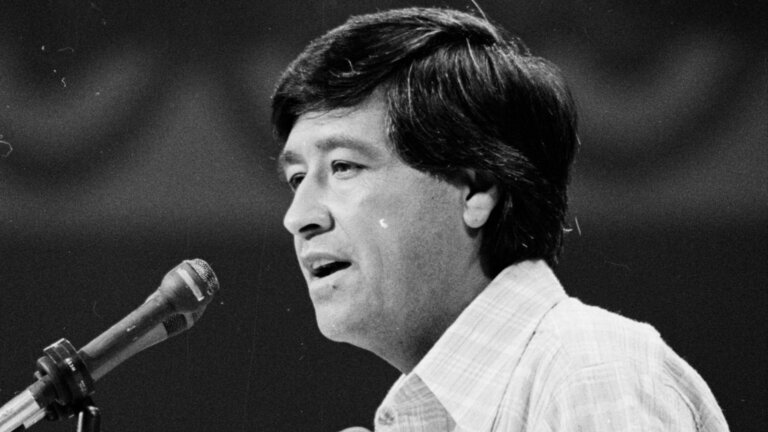
Chavez speaks at the University of New Mexico's Woodward Hall. He boycotts judgments held against the United Farm Workers (UFW) and holds a nationwide campaign fundraiser.
At Plumbers Hall in Albuquerque in March 1993, Chavez speaks out against pesticide poisoning of farmworkers.
On April 23, 1993, after fasting 36 days to protest pesticide use, Cesar Chavez dies in his sleep. Fifty thousand people attend his funeral.
Chavez is posthumously awarded the highest honor to a civilian, the Presidential Medal of Freedom.
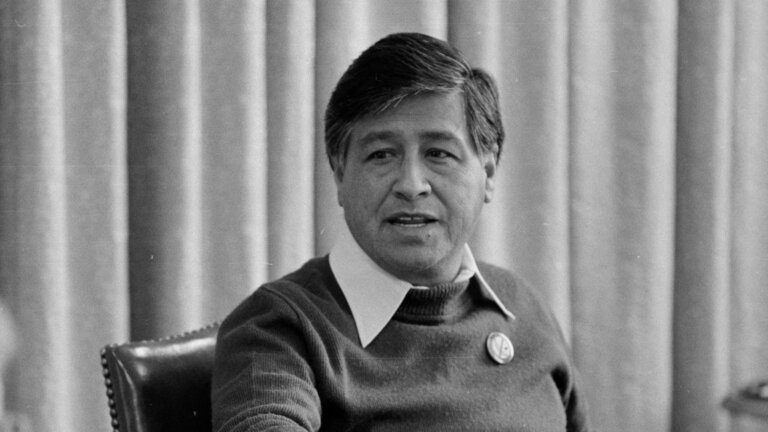
After a 340-mile march from Delano to Sacramento by 17,000 workers, California establishes a Cesar Chavez State Holiday for March 31. The holiday is signed into effect by Governor Pete Wilson on September 2, 1994.

